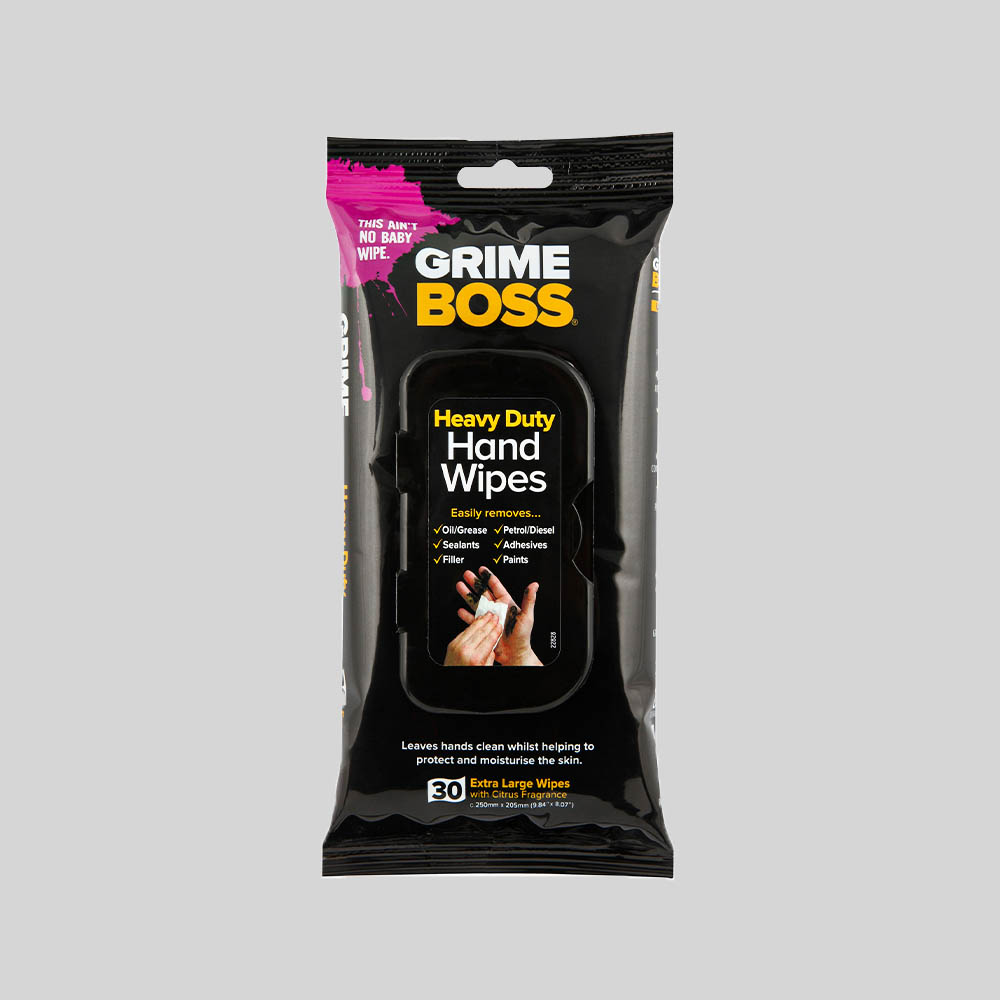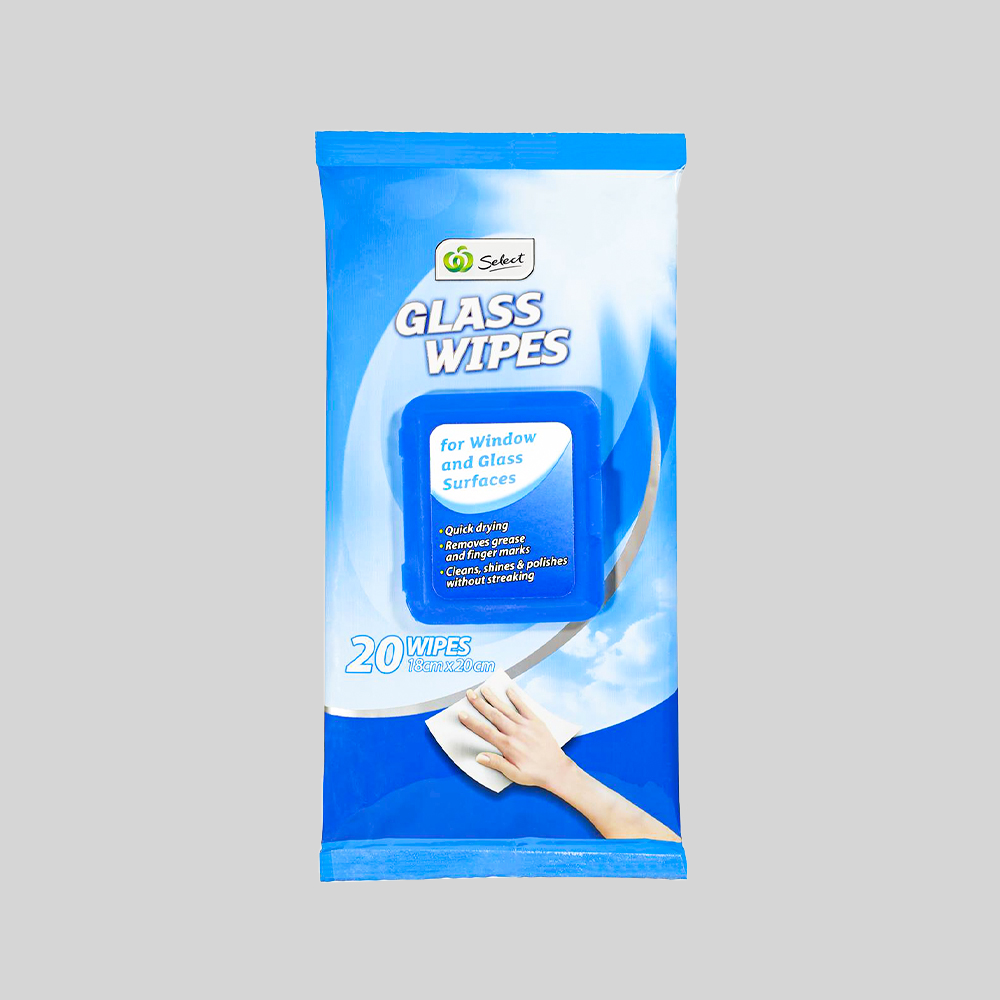Home / News / Industry News / How is the gentleness of the Diaper Wipes For Baby on a baby's skin achieved, and has it been tested on babies directly for sensitivity?
The gentleness of diaper wipes for babies on their skin is typically achieved through careful formulation and selection of ingredients. While the specific formulation can vary between brands, the following general practices are often employed to ensure gentleness on a baby's skin:
Mild Cleansing Agents:
Diaper wipes often contain mild cleansing agents or surfactants that effectively clean without being harsh on the skin. These agents help remove impurities without causing irritation.
Moisturizing Ingredients:
Many wipes include moisturizing ingredients, such as glycerin or aloe vera, to help keep the baby's skin hydrated and prevent dryness.
Hypoallergenic Formulation:
Hypoallergenic wipes are formulated to minimize the risk of allergic reactions. They are designed to be less likely to cause skin irritation or sensitivity.
Fragrance-Free Options:
Fragrance can sometimes be a source of irritation for sensitive skin. Wipes that are fragrance-free or use only a mild, hypoallergenic fragrance are often preferred for babies with delicate skin.
Dermatologist Testing:
Some wipes undergo dermatologist testing to ensure they are safe and gentle for use on a baby's skin. This testing involves assessing the product's impact on the skin, particularly for sensitivity and allergic reactions.
.jpg)
.jpg)
pH-Balanced Formula:
The wipes may have a pH-balanced formula to match the natural pH of the baby's skin. This helps maintain the skin's natural protective barrier.
Avoidance of Harsh Chemicals:
Gentle wipes typically avoid harsh chemicals, such as parabens, phthalates, and alcohol, which can be harsh on sensitive skin.
Texture and Thickness:
The texture and thickness of the wipes play a role in their gentleness. Soft and thick wipes are designed to be gentle during use and help prevent irritation.
Testing on Babies:
Some manufacturers conduct testing directly on babies to assess the wipes' impact on their skin. This can involve observational studies, monitoring for redness or irritation, and obtaining feedback from parents.
Continuous Quality Control:
Manufacturers often implement strict quality control measures to ensure the consistency and safety of their products. This includes ongoing testing and monitoring of ingredients and formulations.

 English
English Español
Español
















